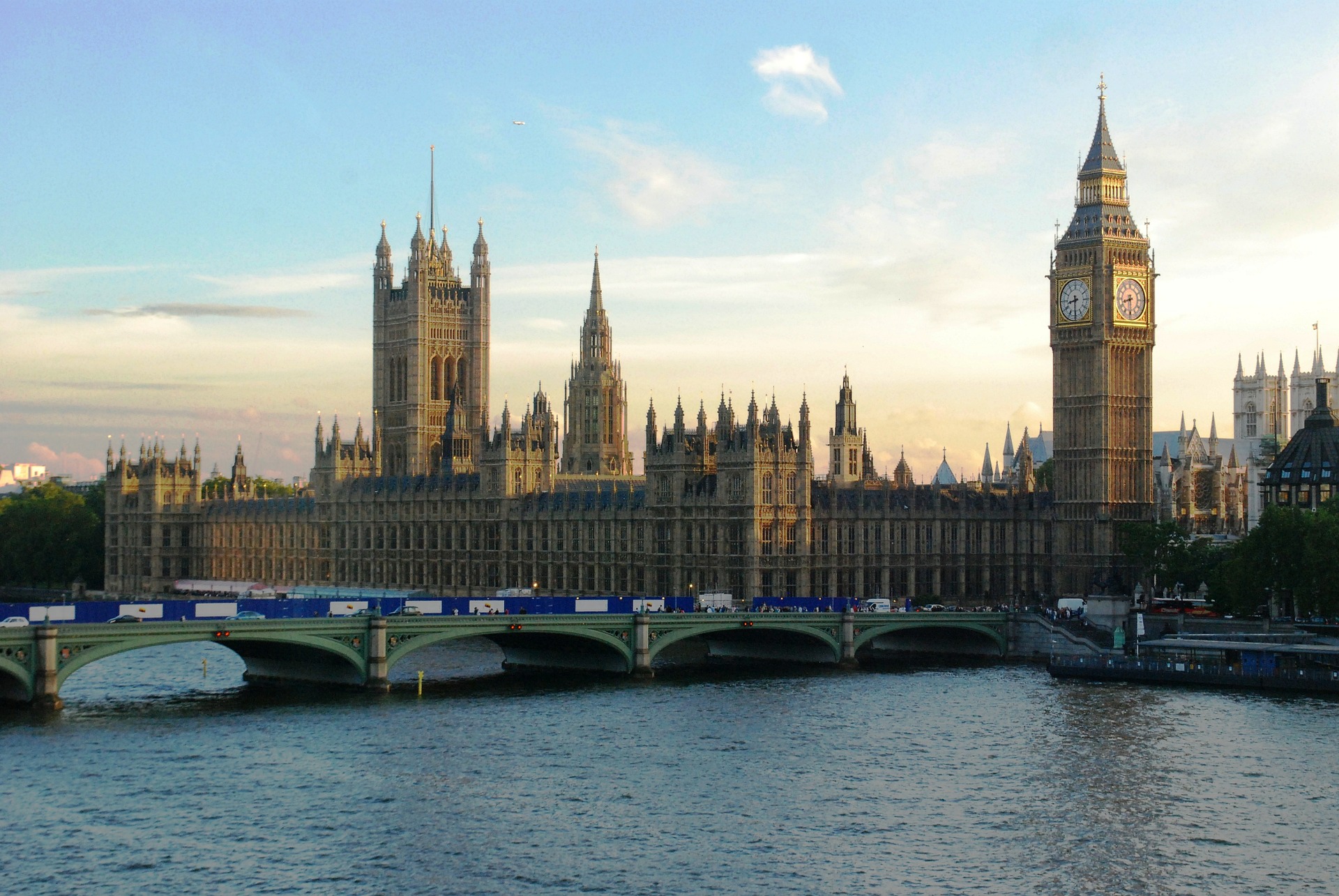
Review: Is the Pomodoro Technique Really Helpful for Productivity ?
February 14, 2019
Clear the Lobby: What laws are MPs voting on this week? – w/c 18th Feb
February 18, 2019Your round-up of the stories that you should discuss at interview this week:
Airbus halts production of A380
Reported by Rui Ci Lee
Airbus announced that it will be terminating the production of the A380, the world’s largest passenger aircraft. The decision comes after Dubai-based airline Emirates cut its orders for the A380 from 162 to 123. The last delivery will be made in 2021, 14 years after the A380 had its first commercial flight with Singapore Airlines.
The superjumbo double-decker aircraft is popular amongst customers but complicated and expensive to develop. Initially, Airbus predicted a market for the four-engine A380 in connecting the world’s crowded airport hubs, such as London, New York, Dubai, and Tokyo. This prediction has been proven inaccurate. As more secondary cities are now directly linked by flight, flight routes can now bypass crowded hubs, reducing the need for larger aircrafts. Airline carriers also prefer lighter twin-engineered aircrafts that are more fuel efficient and nimbler to operate in smaller airports, such as the Airbus 350 and Boeing’s 787. On the other hand, the A380 are too expensive, heavy, and cumbersome to operate there.
Emirates has been the A380’s biggest customer due to its vision of being the world’s biggest long-haul airline. Production of the A380 became over-reliant on the company as two-thirds of its orders come from Emirates. As demand for long-distance travel fall, Emirates decided to cut back on its A380 orders. This renders production of the A380 unsustainable and Airbus is left with no choice but to scrap the programme altogether.
Airbus aircrafts are manufactured in different European countries. For instance, Airbus UK manufacture wings for various Airbus aircrafts, including the A380, in its Flintshire and Filton factories. The latest decision on the A380 poses a threat to around 200 jobs in the UK. Airbus hopes to redeploy the affected employees to other projects.
Find out more at BBC and Bloomberg.
More than 2,000 Patisserie Valerie jobs saved by private equity firm
Reported by Anna Mai Harvey
Patisserie Valerie has avoided administration after Irish private equity firm, Causeway Capital, invested in the coffee and cake chain saving almost 2,000 jobs. The backing was desperately needed following the collapse of parent company Patisserie Holdings in January; that was the result of suspected fraud relating to its accounts.
The equity firm intends to keep open approximately 96 stores across the UK. The investment is not the first of its kind made by Causeway Capital which has previously invested in businesses across the UK and Ireland including another bakery and coffee retailer.
The chief executive of Patisserie Valerie, who has been acting since the alleged fraud was first exposed back in November, has insisted that “people left in the business are completely separate to what went on…” Steve Francis asserts there the issues do not appear to have extended beyond the financial department and denies anything “untoward” in other areas of the business.
Patisserie Holdings was valued at £450million prior to the suspension of its shares when the discrepancies in their accounts were unveiled. The company has grown significantly since 2006 after having been acquired by Risk Capital in 2006. It is understood that liabilities connected to the fraud investigation remain with administrators at KPMG and have not been passed on to the new owners.
Whilst David Costley-Wood, partner at KPMG said it was “pleasing” to have closed the deals with Causeway Capital and Blakemore saving around 2,000 jobs, KMPG administrators were forced to closed 71 of the group’s 200 shops in January sacrificing around 900 jobs.
Find out more here, here and here.
Counter-Terrorism and Border Security Bill given Royal Assent
Reported by Laura Clarke
As a result of the new counter terrorism legislation being given royal assent, police will receive new powers to investigate hostile state activity.
A controversial inclusion was to update the offence of obtaining information ‘likely to be useful to a person committing or preparing an act of terrorism’ so that it now covers viewing or streaming content online. This means it will now be an offence to view terrorist material online just once and doing so could incur a prison sentence of up to 15 years.
Terrorism law reviewer Max Hill has commented that ‘the mesh of the net the government is creating… is far too fine and will catch far too many people.’ According to the UN’s special rapporteur on privacy, the rule risks ‘pushing a bit too much towards thought crime.’
The government said the law still provides for the existing “reasonable excuse defence”, which includes circumstances where a person “did not know and had no reason to believe” the material accessed contained terrorist propaganda.
“Once a defendant has raised this defence, the burden of proof (to the criminal standard) to disprove this defence will rest with the prosecution,” the Home Office’s impact assessment said.
The bill also introduces a designated area offence, which makes it a terrorist offence to enter or remain in an area outside the UK that has been designated by Secretary of State. The offence is akin to trespassing offence, and a person commits the offence simply by being present in an area without any need for the police or prosecution to prove actual terrorism.
Find out more here.
Next Month, Tenants will be Able to Sue Landlords for their Unsuitable Property
Reported by Emma Ducroix
With the help of new laws, landlords will have to ensure a well-kept house, under penalty of being pursued by their tenant.
This new act will be effective from 20 March, with the aim of replacing the 1985 law. This one had declared the responsibility to local authorities for investigating on property with unsuitable conditions. This made the processus very length.
But from now on, with the new law, landlords will have to make the necessary to ensure certain standards for their property at the beginning and throughout the tenancy.
If the necessary steps are not taken such as repairs or maintenance, future tenant can take his landlord to court where judge can issue injunction forcing the work to be done.
It could be the case with cold or damp houses for instance.
It was estimated, by housing charity Shelter, at around one million of non-adequate housing in the UK. So, at least 2.5 million people are not in a fitting human habitation.
Because of the 1985 law, many people have been left with substandard and unsafe accommodation.
Given the difficulties faced by many local councils, the standards have never been properly implemented.
This allowed some landlords to skip repairs and tenants had to face the consequences.
This is why, from March, the Fitness for Human Habitation Act will amend the 1985 one and make landlords more accountable for bad conditions in their property.
“Crucially, the bill will help private and social renter’s voices to be heard, by giving them the right to take their landlord to court over unfit and unsafe conditions like these in their home,” declared the housing charity Shelter.
For the first time in the tenancy history, problems will be due to defective design rather than disrepair.
With the new act, tenants will be able to sue their landlords on: the repair, damp, natural lighting, ventilation, water supply, facilities for the disposal of waste water and so on.
The new law will include a so-called Grenfell clause. This one allows tenants to take action over common areas in shared buildings.
Polly Neate, chief executive of Shelter said: “The Fitness for Human Habitation Act will give all types of renters the power they need to tackle bad conditions – which is why Shelter campaigned hard for it to be passed as law.
The Shelter estimate that the private renting oblige the families to be more protected from bad behavior. They will need legal protection to use against their owner if the latter does not comply with the new law.
The number of people renting their home in the UK has increased significantly over the last decade. Indeed, buying a house in some areas has become less affordable.
But UK laws have remained relatively lax on landlords and provided little security for tenants.
We can then be very hopeful for the future of tenants now with the new law.
Read more here.
Get these updates straight to your inbox every week by signing up here.



